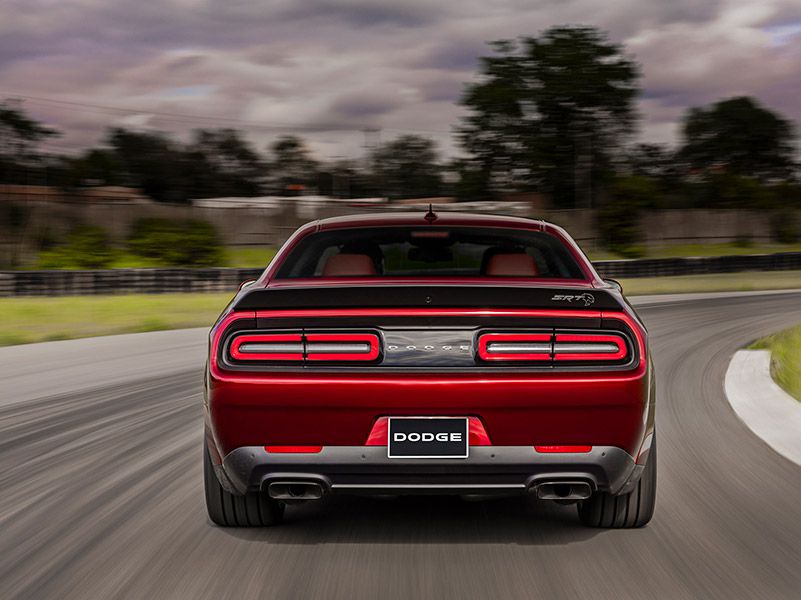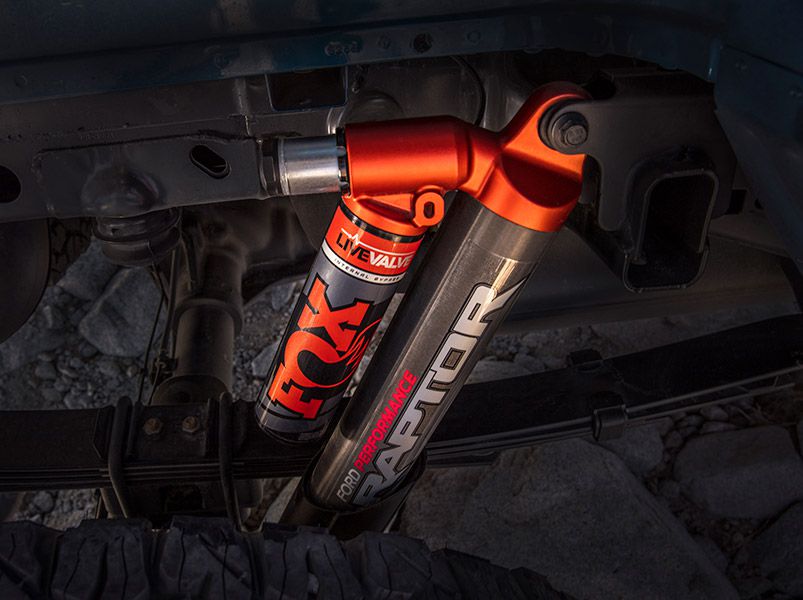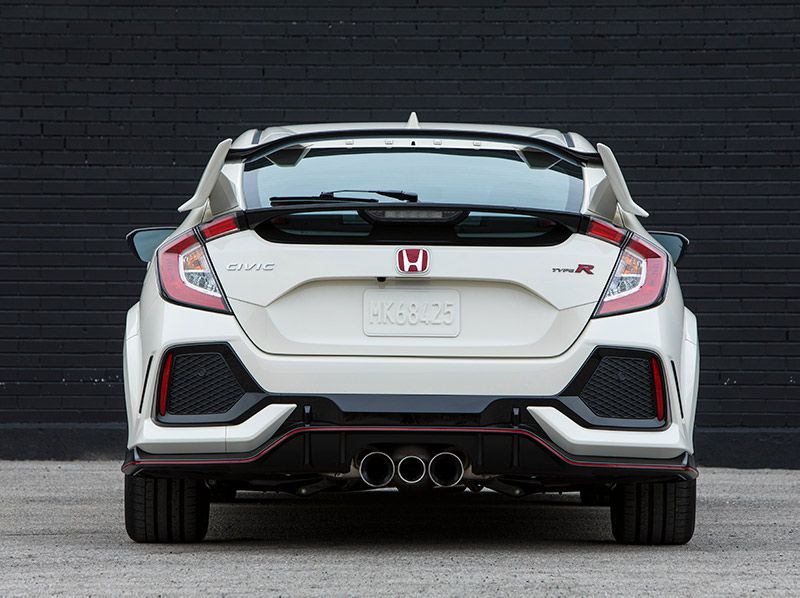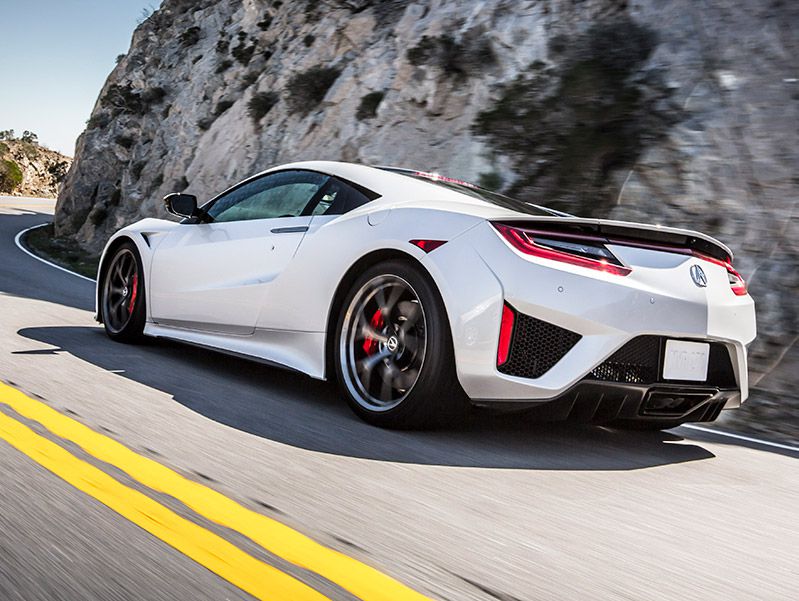Recent Articles
Popular Makes
Body Types
Question: Why does my exhaust rattle when accelerating?

2018 Chevrolet Camaro ZL1 exhaust ・ Photo by General Motors
There are many different things that could be the culprit when it comes to answering the question, "Why does my exhaust rattle when accelerating?" But if your car has this affliction read on to see if it might be something simple that you can fix at home, or something a bit more complicated than an easy visit to a maintenance shop.
There's nothing more intrusive than an obnoxious exhaust rattle in a car that is otherwise nice and quiet, so we’ve covered some of the more common causes to help you troubleshoot your problem.
1. Loose Heat Shield
Heat shields are often placed above hot parts of the exhaust system such as catalytic converters, though they can sometimes be found anywhere along the length of the exhaust. They are used to protect things like the floor and gas tank from the excess heat these devices can create. (A catalytic converter often operates somewhere in the 1,400- to 1,600-degree range.)
While you might be able to get away with removing the heat shield to eliminate your exhaust rattle, you’re much better off reattaching or replacing it.

Photo by General Motors
2. Broken or Disconnected Exhaust Hanger
The hangers are what hold the exhaust system to your car, often by using a combination of metal tabs welded to the exhaust system, rubber isolators, and metal brackets attached to the floor of the vehicle. If any of these parts fail, the exhaust will have more freedom to move around, potentially causing a rattle — as well as damage to other parts of the exhaust.
Often it’s an easy fix, such as re-hooking a rubber isolator that’s fallen off its tab, though it could also be a broken weld or rusted mount.

Photo by Jaguar Land Rover
3. Loose or Broken Pipe Connection
Sometimes a rattle can be caused by a loose clamp or connection between two sections of the exhaust system, and sometimes a gasket between two sections can blow out, allowing the pipes to move more than normal.
If you can safely get under the vehicle, you should be able to easily inspect the majority of the joints for loose or missing nuts and bolts, broken welds, and rusty clamps. Also give the whole system a bit of a shake to see if all the connections are tight like they should be.

Photo by Jaguar Land Rover
4. Failing Catalytic Converter or Rusty Muffler
Sometimes an exhaust rattle can be coming from inside the exhaust itself. Often the noise comes from a catalytic converter that’s reached the end of its lifespan (which may set the "check engine" light) and what you hear is the internals rattling around, but sometimes it’s caused by a muffler that’s rusted out internally.
Usually, catalytic converters are near the front of the vehicle while mufflers are in the rear. So you might be able to isolate the problem by the location of the sound or by visually inspecting the components for obvious signs of rust or other damage.

Photo by Fiat Chrysler Automobiles
5. Worn or Damaged Suspension
It’s possible that the rattling you hear when you accelerate is because your vehicle has a worn or damaged suspension. This is usually an issue with the rear suspension, which gets load placed on it when you accelerate. If the suspension isn’t working properly, it can allow the axle or other suspension components to hit the tailpipe, particularly where it goes over the axle.
If you’ve noticed a decrease in ride quality or handling or have noticed that your vehicle no longer sits straight, this could be your problem.

Photo by Ford
6. Foreign Object
The rattling sound that you hear could be caused by something as simple as a stick or piece of wire stuck to your exhaust, driveshaft, or suspension.
You might be able to locate the source of your problem just by sticking your head on the ground to get a look, but getting the car up in the air safely on something like ramps will give you a much better view, along with access to remove any foreign objects that you find. Just make extra sure that you don’t destroy a brake or fuel line by mistake.

Photo by Ford
7. Engine Mounts
If your vehicle’s engine mounts are on the way out, the engine will be able to move more, particularly under hard acceleration. And if the mounts are bad enough, this movement can be enough that the exhaust starts rattling against other components.
The test for this is usually easy enough. Simply open the hood and have an observer watch the engine from the side of the car as you give it a little gas while in gear and with your foot hard on the brake. If the engine moves significantly, this could be your issue.

Photo by Ford
8. Broken Active Exhaust Components
If you have a car with active exhaust, it’s possible that the rattling noise that you hear when accelerating is caused by a component of the active exhaust system. The flaps in the exhaust might not be opening all the way, or they might be loose and rattling as they flap open and close uncontrollably.
If you have a problem with the active exhaust, it might turn on the "check engine" light or change the way your car’s exhaust sounds, but you might have to take it to a shop to confirm the diagnosis.

Photo by Honda
9. Bad Engine Tune, Fuel Injector, or Spark Plug
What you think is a rattle could actually be the sound of unburned fuel burning off in your exhaust pipes or catalytic converter (which will eventually destroy this costly part given enough time). This can happen if your vehicle’s engine is running rich, which can be caused by something like a failing fuel injector or spark plug that isn’t firing properly. If have a check engine light or you’ve noticed a difference in performance, fuel economy or engine smoothness, or that your car’s exhaust smells more like gasoline than usual, this could be the issue.

Photo by Acura
Caution: Be careful about potential leaks.
While a rattling exhaust might just be a nuisance, if you think you have a leak, stop driving the car and get it repaired immediately. Remember that your car creates deadly gases — including carbon monoxide, which is both colorless and odorless and can cause dizziness, blurred vision, confusion, loss of consciousness, and death, none of which is helpful when driving.
If you can’t repair the system properly so that it doesn’t leak, have a professional take care of it. Better to spend a little time and money now than to risk your (and your family’s) health.

Photo by Honda